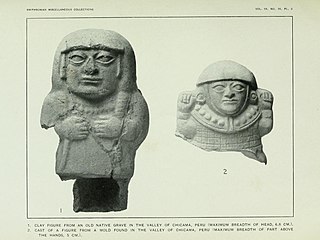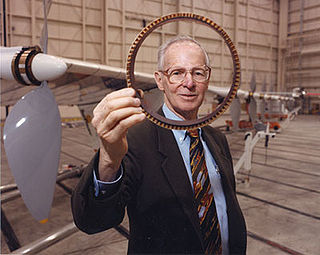A Quote by Svetlana Alexievich
Humans have occupied a position in nature that they should not. It is impossible for humans to conquer nature.
Related Quotes
Humans suffer from self-centred notions as to the nature of life. Humans assume that alien life forms should conform to standards that match our own, including logic and morality. Even among humans, morality is ignored when expedient. Why should we expect more from an alien life form than we demand from ourselves?
I don't understand the notion that modern farming is anything do to with nature. It's a pretty gross interference with nature. I think it ought to be governed by the standards of how it affects the individual animals, just as we'd want to deal with institutions that deal with humans by how they affect individual humans.
Nature is seen by humans through a screen of beliefs, knowledge, and purposes, and it is in terms of their images of nature, rather than of the actual structure of nature, that they act. Yet, it is upon nature itself that they do act, and it is nature itself that acts upon them, nurturing or destroying them.
Shallow ecology is anthropocentric, or human-centred. It views humans as above or outside nature, as the source of all value, and ascribes only instrumental, or 'use', value to nature. Deep ecology does not separate humans - or anything else - from the natural environment. It does see the world not as a collection of isolated objects but as a network of phenomena that are fundamentally interconnected and interdependent. Deep ecology recognizes the intrinsic value of all human beings and views humans as just one particular strand in the web of life.
If any value is deeply evolutionarily familiar, it is reproductive success. If any value is truly unnatural, if there is one thing that humans (and all other species in nature) are decisively not designed for, it is voluntary childlessness. All living organisms in nature, including humans, are evolutionarily designed to reproduce. Reproductive success is the ultimate end of all biological existence.
So, that was Nature's way. The mosquito felt pain and panic but the dragonfly knew nothing of cruelty. Humans would call it evil, the big dragonfly destroying the mosquito and ignoring the little insects suffering. Yet humans hated mosquitoes too, calling them vicious and bloodthirsty. All these words, words like 'evil' and 'vicious', they meant nothing to Nature. Yes, evil was a human invention.
So, ultimately, in order to understand nature it may be necessary to have a deeper understanding of mathematical relationships. But the real reason is that the subject is enjoyable, and although we humans cut nature up in different ways, and we have different courses in different departments, such compartmentaliz ation is really artificial, and we should take our intellectual pleasures where we find them.

































